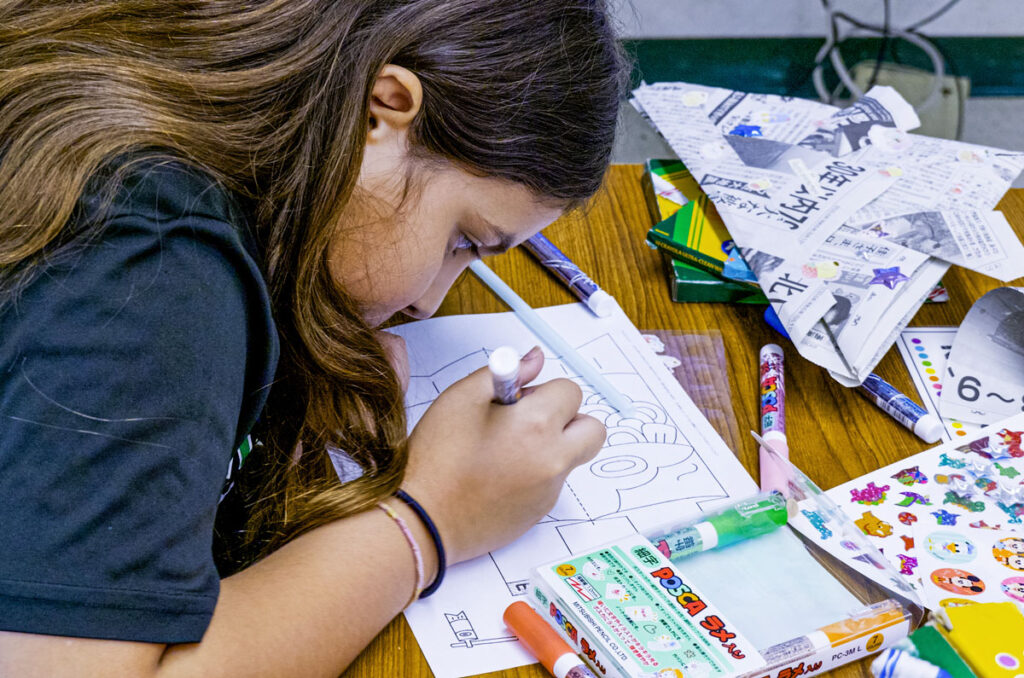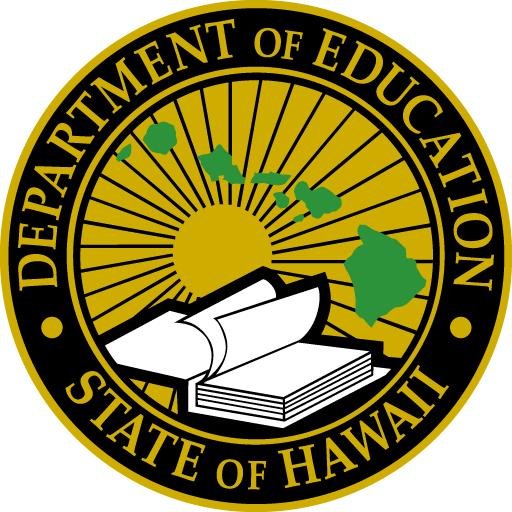Early childhood education is the foundation for lifelong learning and success. While there is no statewide preschool program, the Hawaiʻi State Department of Education, in collaboration with the Executive Office on Early Learning (EOEL) and community partners, offers comprehensive Prekindergarten (Pre-K) programs to support children’s development from prenatal stages through age 5. These programs are designed to provide high-quality learning experiences that nurture social, emotional, and academic growth.
PREKINDERGARTEN
The Department works with the state’s Executive Office on Early Learning (EOEL) to coordinate the EOEL Public Prekindergarten Program (Pre-K) for 3- and 4-year-old children who are in the two years before kindergarten entry. The Department also partners with organizations and agencies to expand learning opportunities for Hawaiʻi’s children ages prenatal to age 5.
Pre-K Agencies Working with HIDOE
Head Start
Head Start and Early Head Start programs support the mental, social and emotional development of children from low-income families from birth to age 5. In addition to education services, programs provide children and their families with health, nutrition, social and other services. Head Start services are responsive to each child and family’s ethnic, cultural and linguistic heritage.
Head Start federal grants are managed by the following nonprofit agencies. Contact them for more information:
- Oʻahu: Honolulu Community Action Program (HCAP) and Parents and Children Together (PACT)
- Maui, Molokai and Lānaʻi: Maui Economic Opportunity Inc. and Maui Family Support Services
- Kauaʻi: Child & Family Service
- Hawaiʻi: Parents and Children Together (PACT) and Family Support Services
The Community Learning Center at Māʻili
Families on the Waiʻanae Coast can connect with the center’s Preschool Complex to access classrooms being operated by Kamehameha Schools and a variety of community organizations including ‘Aha Pūnana Leo, HCAP — Head Start, INPEACE Keiki Steps program, Keiki o ka ‘Aina and Wai‘anae Coast Early Education Center.
Parent Resources
- Too Small to Fail: Aims to help parents and businesses take meaningful actions to improve the health and well-being of children ages zero to 5, so that more of America’s children are prepared to succeed.
- Learning to Grow: Provides resource materials designed to help families make informed decisions about their young children’s care. Follow on Facebook.
- PATCH: Free resource hub for families, child care professionals and communities of Hawai‘i supported by the State of Hawai‘i Department of Human Services.

Elementary
As students move through Grades 1-6, teachers observe their academic, social and emotional development, and apply targeted supports. Formal academic assessments begin in Grade 3.
General Learner Outcomes
Students in grades K-6 are evaluated by teachers across six General Learner Outcomes or GLOs. Elementary teachers use a GLO rubric and classroom-based evidence to determine a student’s rating for each GLO, which is then communicated to parents via the elementary standards-based report card.
Learning Standards
Teachers have the flexibility to design lesson plans that incorporate the arts, social and cultural values, health and wellness principles and more. The foundation is in a standards-based education that includes Common Core, Hawai‘i Content and Performance Standards III, and other Hawai‘i-based and national standards in all other subjects.
- Learning Design site: The HIDOE’s Office of Curriculum and Instructional Design initiated this resource with the feedback of HIDOE educators.
Assessments
- The annual State Assessment of English language arts and math on the Smarter Balanced Assessment begins in Grade 3. An additional science assessment is given to fifth graders.
- A representative sample of fourth graders are assessed on the National Assessment of Educational Progress (NAEP) in reading, writing, math and science in alternating years.
